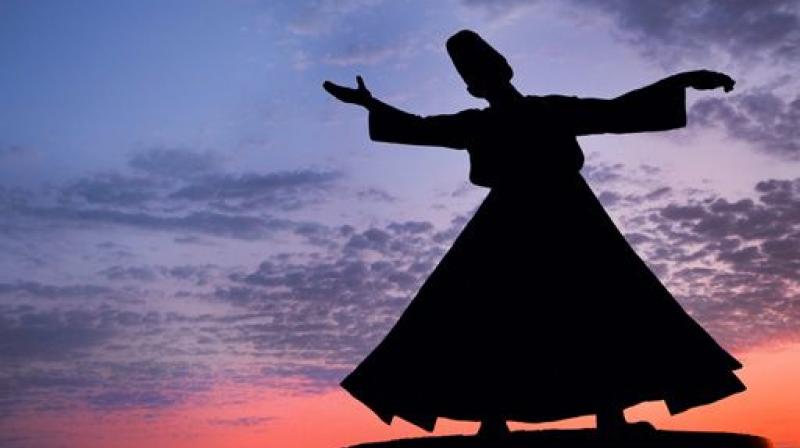Mystic Mantra: A search for man

The great 13th century mystic, Jalaluddin Rumi, once came across a wisened old man who was frantically searching something with the help of a lantern in broad daylight. Rumi felt compelled to ask about this crazy man’s dilemma. “Can I help you?” he asked him in a sympathetic tone. “I am fed up with this pack of savage men around me. They have made my life wretched and miserable. I am totally disenchanted and heartbroken. I am in search of someone who is true to his conscience and lives by those eternal values which we all have cherished for ages,” replied the old man, his voice quavering with rage.
Rumi was not the least bit ruffled by the venerable man’s dilemma. A wisened sage with vast metaphysical powers, he tried to calm him down. “Let me tell you that your search will be in vain. It is like trying to locate a needle in a haystack. What you are searching for will never come your way. I can understand the wrench in your heart.” Rumi was already convinced that virtuous living had become a rarity and human values had lost their sanctity. He commiserated with the poor man in his distress. Rumi’s famous verse goes like this:
Sufi, why are you standing before the door?
What are you looking for?
I am looking, my friend,
For what is impossible
to find:
I am looking for a man.
“Look in your own heart,” says the Sufi, “For the kingdom of God is within you.” He who truly knows himself knows God, for the heart is a mirror in which every divine quality is reflected. But just as a steel mirror when coated with rust loses its power of reflection, so does the inward spiritual soul, which the Sufi calls the eye of the heart.
Action is false and vain, if it is thought to proceed from one’s self, but the enlightened mystic regards God as the real agent in every act, and therefore, takes no credit for his good works nor desires to be recompensed for them. The heart has long been the starting point for many spiritual schools, but only in Sufism is the heart properly understood as the fixed referent for actual knowledge.
Teachers of the inner path advise humanity to take part in the knowledge of self, to not leave their ability all dry and fruitless in the desert of ignorance. To remain bound by the chains of limitations and ignorance is to desire death. The chains of limitations prevent one from stepping forward on the path of the recognition of true identity.

